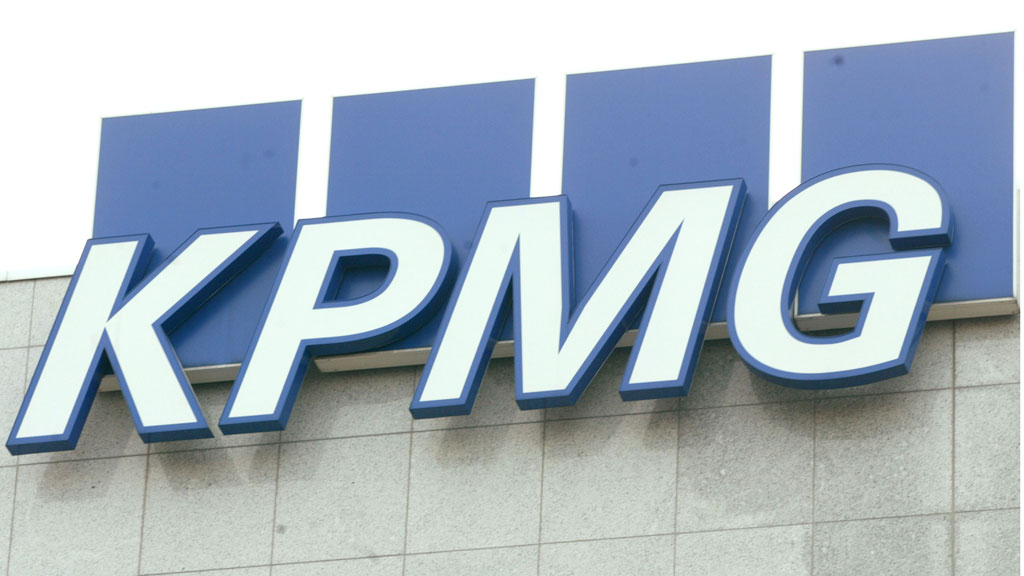Tax avoidance: MPs take on HMRC and accountants
The public accounts committee could not be clearer: HMRC is “fighting a battle it cannot win”, while accountants are using their cosy relationship with government to benefit well-heeled clients.
- Chapters
- descriptions off, selected
- subtitles off, selected
- captions settings, opens captions settings dialog
- captions off, selected
This is a modal window.
This is a modal window. This modal can be closed by pressing the Escape key or activating the close button.
It is not every day that a report from an all-party select committee produces such a response from government departments, with the Treasury saying its conclusions “bear almost no resemblance to reality of what government is doing or what is happening”, and HMRC saying it does not “recognise” some of the problems highlighted.
In the report published today, MPs on the PAC say Revenue and Customs is no match for the “big four” accountancy firms, which employ 9,000 people and earn £2bn from their tax work in the UK.
“HMRC has far fewer resources. It would appear that firms and tax avoiders are taking advantage of the constraints under which HMRC is obliged to operate. Furthermore, HMRC is always constrained by resources.”
The PAC, chaired by the straight-talking Labour MP and former minister Margaret Hodge, is also critical of the secondment of staff from Deloitte, Ernst and Young, KPMG and PwC to HMRC and the Treasury.
On request, these companies send their employees to work for government when technical advice on tax legislation is needed, but the committee is concerned that once they return to their firms, they are likely to be more adept at advising clients about avoiding tax.
‘Poacher, turned gamekeeper’
“More worryingly, we have seen what look like cases of poacher, turned gamekeeper, turned poacher again, whereby individuals who advise government go back to their firms and advise their clients on how they can use those laws to reduce the amount of tax they pay.”
HMRC rejects the PAC’s claim that it is losing the battle on tax avoidance, pointing out that since the end of 2012, it has won 11 tax tribunal cases, two of them against big companies – part of a crackdown that has generated billions of pounds for the taxpayer in an age of austerity.
It also disputes the PAC’s warnings about secondments to government, with spokesman Jim Harra telling the BBC Today programme that he did not “recognise” there was a problem.
“We watch very carefully what advice accountants are giving to their clients,” he said. “Provided that advice is how to use the legislation in accordance with the way parliament intended it to be used, we have no problems with that.”
The Treasury uses stronger words, saying the implication that using outsiders was wrong is “totally absurd”.
No conflict of interest
The accountancy firms, from which two or three employees are seconded to the Treasury at any one time, also disagree.
Bill Dodwell, from Deloitte, said the company’s staff had “never driven any policy initiative”.
He added: “We do not believe that there has ever been any conflict of interest, but would want to help ensure that there is no perception of conflict.”

Kevin Nicholson, from PwC, said the firm was “never involved in deciding tax policy, which is a matter for the government”, while KPMG’s Jane McCormick said: “Our secondees do not write legislation or make policy decisions.”
The PAC is accusing the “big four” of gaining inside knowledge they can use for the benefit of clients.
Patent box
One example it gives is the so-called “patent box” rules for profits derived from patented intellectual property.
These rules, drawn up by the Labour government, allow firms fulfilling the relevant criteria to benefit from a reduced corporation tax rate of 10 per cent, and are designed to boost research and development (R&D).
KPMG seconded a member of staff to the Treasury to work on the scheme for more than a year, with the taxpayer making a contribution to the company’s costs.
The PAC says that after the secondment, KPMG produced a brochure, “Patent box: what’s in for you?”, which explains how the scheme can be used to reduce tax.
The committee’s report adds: “KPMG denied that it was advising its clients on how to use those laws in ways that parliament did not intend, but we are not convinced by its insistence that all the advice it offers to clients seeks to fulfil the purpose of the legislation.”
KPMG’s brochure makes clear that “patent box” can be used to “significantly reduce” tax, but the firm would argue that this was the point of the scheme in the first place: to offer tax concessons to companies to encourage investment in Britain.
But whatever KPMG says, the PAC was obviously not convinced when it gave evidence to the committee – just as it is not convinced that HMRC has any hope of outwitting thousands of well-paid accountants.